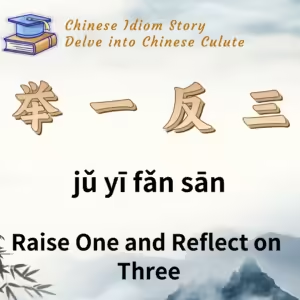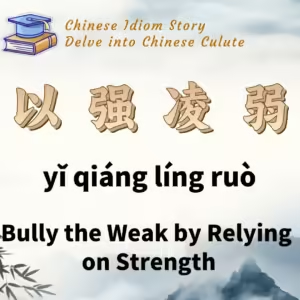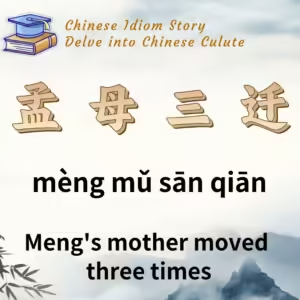
Chinese Idiom: 举一反三 (Ju Yi Fan San)
English Translation: Raise One and Reflect on Three
pīn yīn: jǔ yī fǎn sān
Idiom Meaning: This idiom describes the ability to draw parallels from one situation or example to understand related aspects or other matters.
Historical Source: 论语 · 述而 (The Analects of Confucius)
Idiom Story:
Confucius, known as Kong Qiu, was the founder of the Confucian school of thought and a renowned philosopher and educator during the late Spring and Autumn period in China. After decades of teaching, he accumulated valuable experiences and developed his own educational theories and methods.
One day, while discussing educational approaches, Confucius stated: “不愤不启,不俳不发;举一隅不以三隅反,则不复也。” These phrases emphasize the importance of fostering deep thinking among students before teaching them. He believed that if students lack a strong desire for knowledge or a pressing need to learn, no matter how much effort teachers put in, they will not achieve satisfactory results.
In these statements, “愤” signifies the anxious desire to understand something that remains unclear, while “俳” refers to the struggle to express one’s thoughts. “隅” means a corner or aspect. The essence of Confucius’s teaching is that educators should not rush to enlighten students until they reach a state of urgency and confusion in their understanding. If a student learns one aspect but cannot extend that understanding to related aspects, then there is no need to teach them anything further.
Over time, the phrase “举一隅不以三隅反” was simplified and transformed into the idiom “举一反三.” This idiom captures the essence of learning through analogy and encourages the idea that understanding one concept can lead to insights about others. It reflects the principle that effective education goes beyond rote learning, promoting critical thinking and the ability to connect ideas.






